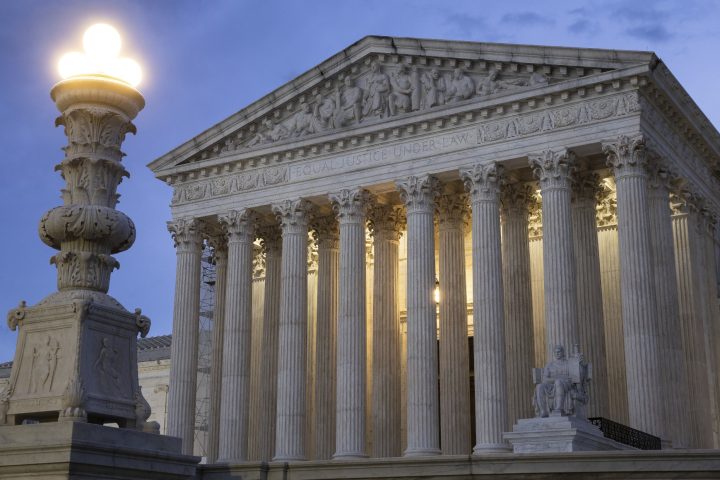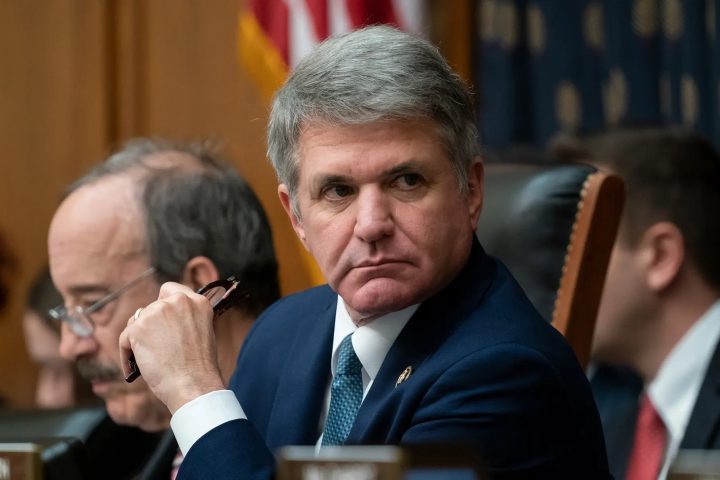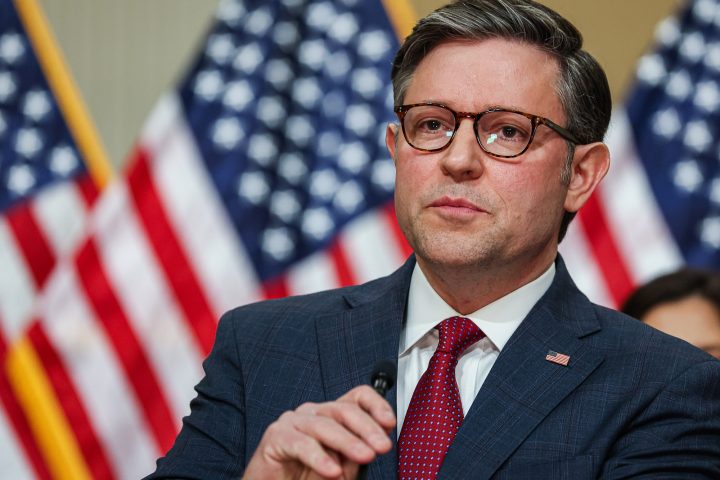The Biden administration warned on Tuesday that tens of millions of Americans could face steep hikes in internet bills or abrupt termination of their plans this spring, laying the blame squarely on congressional Republicans.
The accusation marks a final push to salvage a federal initiative that has successfully linked over 23 million US households to the internet, often for the first time. Without it, these households would be burdened with hundreds of dollars in additional expenses annually just to stay connected.
As the month draws to a close, funding for the Affordable Connectivity Program (ACP) is set to expire, imperiling the monthly discounts on internet services enjoyed by an estimated 59 million low-income individuals, including veterans, students, and seniors.
A previous report by CNN highlighted that many ACP beneficiaries would face stark choices between internet access and basic necessities like groceries if the program ceased to exist.
Despite its broad support spanning ideological lines, the ACP’s future hangs in the balance as efforts to extend the program have hit roadblocks in Congress. With the Federal Communications Commission (FCC) initiating the wind-down process, the Biden administration is intensifying pressure on Republicans for obstructing a vital resource crucial for accessing healthcare, employment, and education.
“President [Joe] Biden has consistently urged Congress to pass legislation extending the benefit through 2024, with Democratic lawmakers joining him in this call,” a senior administration official informed reporters. “Regrettably, Republicans in Congress have chosen inaction.”
President Biden has proposed allocating $6 billion to sustain the ACP, while a bipartisan bill introduced in January in both chambers of Congress seeks $7 billion for the same purpose. The House bill boasts 216 co-sponsors, including 21 Republicans, while the Senate bill has garnered support from three senators, including two Republicans.
However, policy analysts express skepticism regarding Republican House Speaker Mike Johnson’s willingness to bring the bill to the House floor, citing GOP leaders’ opposition to government spending, despite the program’s widespread utilization across congressional districts.
“It’s evident that the program could be extended if the speaker allowed a vote,” remarked Blair Levin, an analyst at New Street Research. “Thus far, there’s been no indication from him regarding the bill or the program.”
Levin noted that support from Republican Senators J.D. Vance of Ohio and Kevin Cramer of North Dakota suggests the bill’s viability in the Senate, identifying the House as the primary hurdle.
FCC Chairwoman Jessica Rosenworcel underscored the repercussions of the ACP’s discontinuation in a letter to Congress, emphasizing its disproportionate impact on vulnerable groups, particularly seniors and military households.
She urged Senator Maria Cantwell and the Senate Committee on Commerce, Science, and Transportation to swiftly advance legislation to prolong the ACP’s duration. Yet, the bill’s fate remains uncertain.











